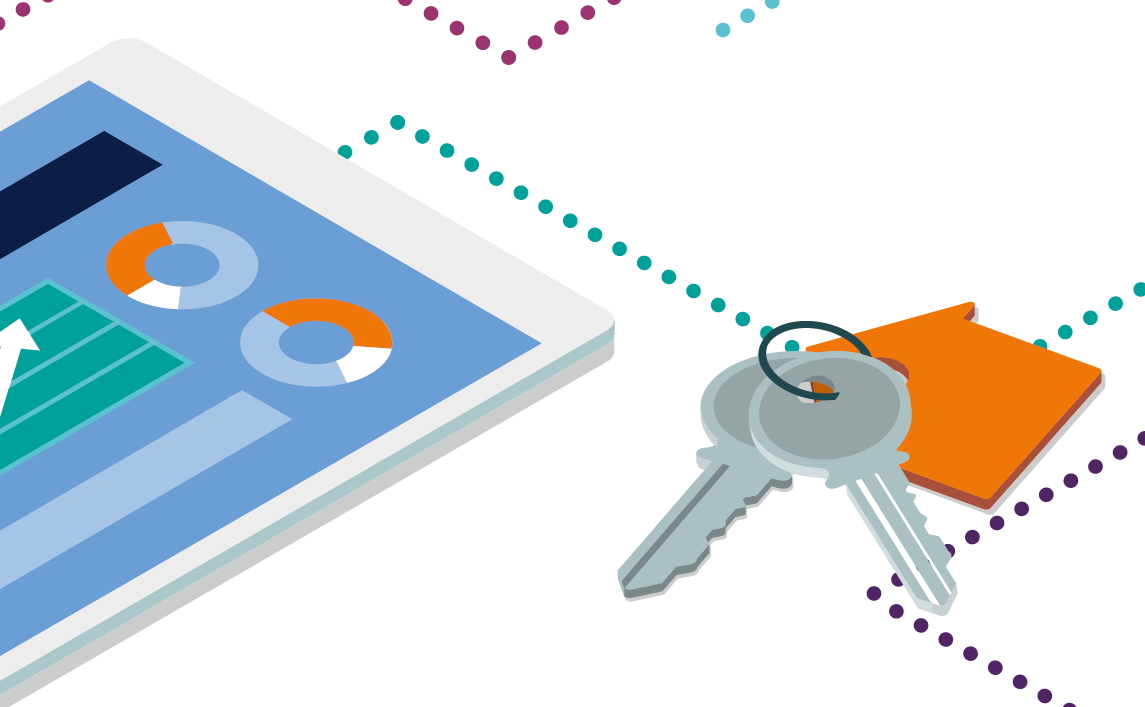
Retirement is changing: the end of the traditional retirement age
The road to retirement used to follow a straight path that almost everyone walked down. You saved into a pension throughout your working life, gave up work on a set date, and used your pension to purchase an annuity to generate a guaranteed income.
Today, retirees have far more flexibility. Keen to carve out their own retirement and post-work lifestyle to suit them, modern retirees are transforming the traditional retirement model. And it’s starting with when and how they give up work.
While the ideal retirement age is below the state pension age of 62, realistically, people would like to retire at the age of 66. By 2020, this is where the state pension will stand. Almost a quarter are planning to retire after the age of 70, and 13% think they’ll be older than 80. It’s a marked difference from when people would traditionally give up work once they were able to collect their state pension or income from a final salary pension.
How workers leave the world of work is changing too. Our survey found:
- 37% plan to stop working completely;
- 29% want a phased retirement;
- 28% plan to work part-time in retirement; and
- 6% don’t think they’ll retire, continuing to work instead.
So, why are some people deciding to continue working, in some form, for longer? Often, it’s for a variety of reasons.
More opportunities: the workforce has changed hugely over the last three decades. For retirees, this presents opportunities to continue working. Whether you want to stay in your current role on a part-time basis or work from home as a freelancer, there are far more options to choose from. This extra freedom can be appealing to those that want a phased approach to retirement.
Enjoying working lives: work becomes a key part of our identity, after all, it’s an environment where we’ll spend much of our day. It’s part of who we are and plays a role in wellbeing and social interactions too. In fact, when asked about the biggest concerns for retirement, 21% stated boredom and the same said loneliness. If you’re enjoying your working life, not giving up your career entirely can help you achieve the work-life balance that you want.
Fear of running out of money: as life expectancy increases, retirement provisions need to stretch further. Add concerns over funding long-term care, it’s easy to see why some workers are planning to work beyond the traditional retirement age in some way. Running out of money in retirement is a key concern for 46% of people, results suggest.
Flexible pensions: the way you can access defined contribution pensions changed in 2015 with pension freedoms. This increased flexibility means it’s easier to create an income that reflects your lifestyle. While purchasing an annuity is still an option, the ability to leave a pension invested, withdraw from it flexibly or take out a lump sum means retirees today aren’t as restricted.
How does your retirement date affect your income and tax liability?
Clearly, the date you choose to retire will have an impact on your income.
Many people are choosing to work for longer in order to build up greater provisions for retirement. Therefore, affording them a more comfortable retirement when they reach that point. But it can have a more immediate impact too. The extent of this will depend on the options you choose.
For example, the income delivered from any pension, including the state pension, is liable for income tax. If you continue to work, but take a regular income from either source, you could find yourself paying a higher rate of tax. As a result, understanding the tax implication of your chosen retirement plan is an important step.
A pension typically becomes accessible from the age of 55, though you’re under no obligation to access it at this point. Your state pension can also be deferred if you don’t want to receive it immediately. Choosing to defer your state pension means it will pay more when you do claim it. For every nine weeks that you don’t collect the state pension, the weekly value will increase by 1%. At the current full rate of £164.35 per week, deferring by a year would add an extra £493 annually.
Once you’ve decided how and when you’d like to give up work, looking at how you’ll create an income, and the possible tax liability, is a crucial step.
Please note: A pension is a long-term investment. The fund value may fluctuate and can go down, which would have an impact on the level of pension benefits available. Your pension income could also be affected by the interest rates at the time you take your benefits. The tax implications of pension withdrawals will be based on your individual circumstances, tax legislation and regulation which is subject to change in the future.
Accessing pension benefits early may impact on levels of retirement income and your entitlement to certain means tested benefits and is not suitable for everyone. You should seek advice to understand your options at retirement.
Foster Denovo Limited is authorised and regulated by the Financial Conduct Authority
All statistics quoted have been taken from our whitepaper, ‘Planning for a brighter tomorrow: the state of the nation’s retirement finances.’
To download our whitepaper, click here.

 0330 332 7866
0330 332 7866 advise-me@fosterdenovo.com
advise-me@fosterdenovo.com Search
Search






